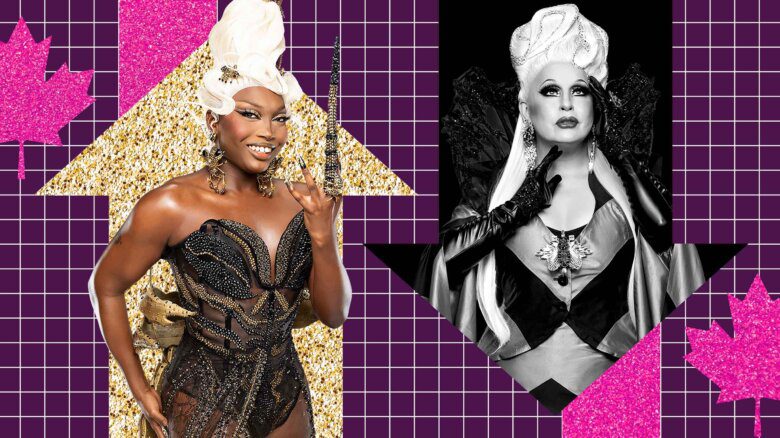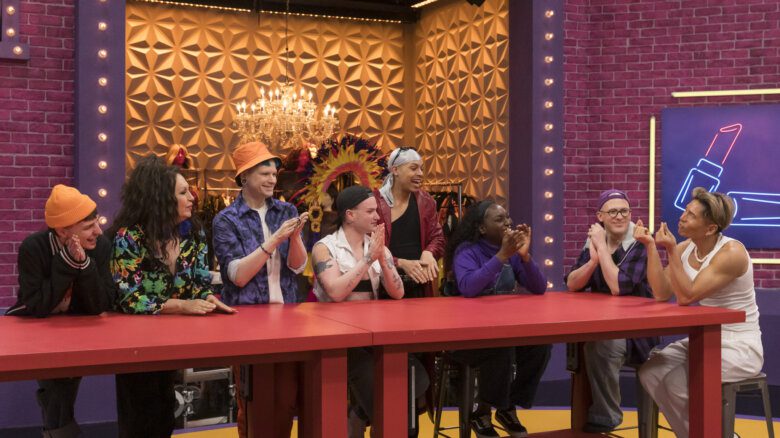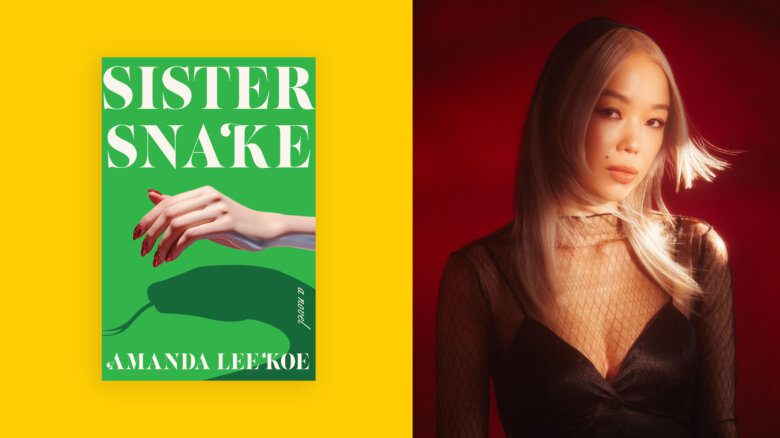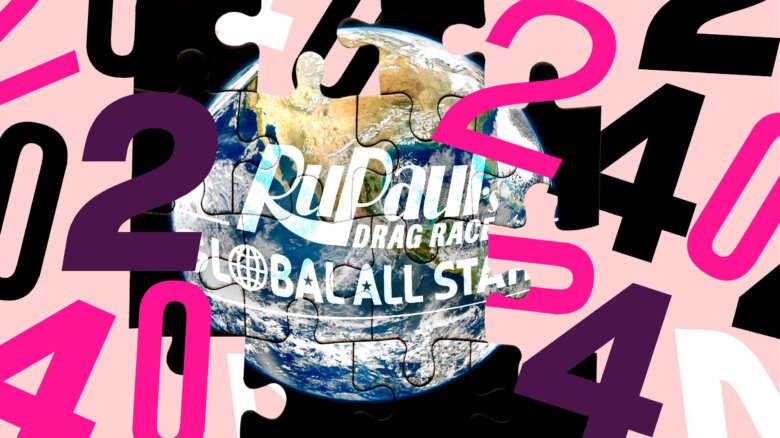Three years ago the weeks leading up to the 2006 Academy Awards were filled with headlines proclaiming them “the gay Oscars.” Brokeback Mountain, the doomed gay love story, was the frontrunner to become the first gay-themed best-picture winner in history. For this enthusiastic Oscar fanatic it had all the potential of a gleeful night of golden gay glory.
But we all know how that story ended. As presenter Jack Nicholson read the word “Crash” aloud at the end of the night gay-hosted Oscar parties around the globe gasped in horror. I remember sitting on a couch at one of said parties, dazed and confused as to what just happened. “That’s not what Brokeback Mountain’s called,” I kept repeating.
The upset elicited rampant cries of homophobia not just at Oscar parties, but throughout the film industry.
“In the privacy of the voting booth, as many political candidates who’ve led in polls only to lose elections have found out, people are free to act out the unspoken fears and conscious prejudices that they would never breathe to another soul or, likely, acknowledge to themselves,” wrote LA Times film critic Kenneth Turan at that time. “And, at least this year, that acting out doomed Brokeback Mountain.”
Last month in Hollywood I made my first trip to the scene of the crime to watch as Oscar attempted to make amends. Amid a musical-number-infused ceremony produced by openly gay Dreamgirls director Bill Condon and hosted by the might-as-well-be-gay Hugh Jackman, Gus Van Sant’s Milk took home two major awards — Sean Penn won the Best Actor award for his portrayal of gay rights activist Harvey Milk and Dustin Lance Black took home Best Original Screenplay.
While Milk didn’t win Best Picture (losing to Slumdog Millionaire) its two high-profile awards are indicative of a changing trend in attitudes among Academy voters. Brokeback Mountain, as fantastic a film as it was, was repeatedly emphasized by director Ang Lee and cowriter Larry McMurty (both heterosexual) as a “doomed love story” rather than a gay story. Milk, on the other hand, was written and directed by two gay men and marketed unabashedly as the story of a gay rights activist.
Some have suggested guilt over California’s Proposition Eight — which revoked same-sex marriage rights in that state — may have helped Milk gain supporters within the Academy, but whether or not that’s true is irrelevant. Checking off the film on their ballots was a show of support for gay rights no matter where it came from, and by doing so voters gave both Penn and Black worldwide platforms to voice their concerns on the current state of queer rights.
“If Harvey had not been taken from us 30 years ago,” said Black in his acceptance speech, “I think he’d want me to say to all of the gay and lesbian kids out there tonight who have been told that they are less than by their churches, by the government or by their families, that you are beautiful, wonderful creatures of value and that no matter what anyone tells you, God does love you and that very soon, I promise you, you will have equal rights federally, across this great nation of ours.”
His speech was met with resounding applause from the audience, as was the speech of a somewhat more aggressively political Penn, who commented on the protestors outside the theatre (who were there to not only voice concern against Milk but, disgusting enough, Brokeback star Heath Ledger’s posthumous win for Dark Knight — holding placards reading “Heath in hell”).
“For those who saw the signs of hatred as our cars drove in tonight,” Penn said, “I think that it is a good time for those who voted for the ban against gay marriage to sit and reflect and anticipate their great shame and the shame in their grandchildren’s eyes if they continue that way of support. We’ve got to have equal rights for everyone.”
The only controversy stemming from the speeches came out of Asia, where pan-Asian satellite TV network Star censored both Penn and Black by silencing the words “gay” and “lesbian.” The result — which oddly could have led Asian viewers to believe America had banned marriage altogether and that all children are told they are lesser by churches — was decried by Asian activists.
“As a gay man I am truly offended,” Malaysian arts commentator Pang Khee Teik said in the letter to Star, adding that the action sends the message “that gays and lesbians are still shameful things to be censored from the public’s ears.”
While the situation in the United States is relatively much less problematic, one can only hope that Penn and Black’s calls for equal rights on a federal level will materialize in the near future. Certainly in the days following the ceremony it was clear that their words had resonated for many people on a personal level.
West Hollywood, Los Angeles’ gay mecca and the site of some of the most forceful anti-Prop Eight campaigning, was adorned with congratulatory signs for Milk and its Oscar winners. Black, a resident, became something of a local hero, bringing the messages of Milk with him.
I ran into him a few days after his gay gold glory, working on his laptop in a West Hollywood coffee shop. Dozens upon dozens of people came over to Black’s table to congratulate him on his award and tell him how much the film and his speech had meant to them. At one point a knock from the outside window turned out to be a young woman holding up a handwritten sign. “You’re an inspiration,” it read.
“I still can’t believe this is happening,” Black told me, obviously quite overwhelmed by his new status as Hollywood’s gay rights poster boy. “It’s incredible.”
Milk itself may inspire Hollywood to take more chances in telling queer stories. There a wealth of projects in development — from Rob Epstein and Jeffrey Friedman’s Howl, a biopic of Allen Ginsberg, to Ang Lee’s Taking Woodstock about Elliot Tiber, the closeted gay man that organized the infamous 1960 concert, to Jim Carrey and Ewan McGregor as lovers in I Love You Phillip Morris. This comes after a near complete drought of queer projects in Hollywood between Brokeback and Milk.
Whether or not this suggests anything more than economics — Milk was a profitable film and therefore other gay films could be as well — remains to be seen. But its Oscar wins and the possibilities they present evoke a speech by Harvey himself.
“So if there is a message I have to give, it is that if I’ve found one overriding thing about my personal election. It’s the fact that if a gay person can be elected, it’s a green light,” Milk said in his 1978 speech to the California Democratic Caucus.
In the privacy of their voting booths, Oscar voters saw fit to honour a film that not only depicted gay themes, but explicitly historicized a gay political movement. Thus a resounding green light came from one of the United States’ most powerful cultural institutions.
In return gay viewers everywhere reelected Oscar as their associate, forgiving him for Brokeback Mountain, and asking him to keep having Jackman back again and again.
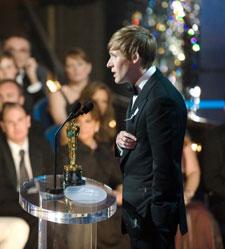
 Why you can trust Xtra
Why you can trust Xtra